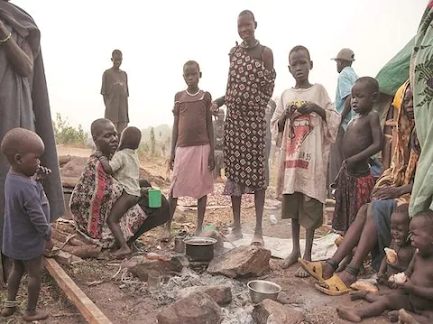By Olufemi Oyedele
There are two types of poverty; extreme and relative. Extreme poverty is a state or condition of lack of basic needs like food, housing, clothing, transport, education, medicals and security, and a position of hopelessness of people. It is generally experienced by those living on less than $1.99 daily. All nations are endowed with natural resources that are supposed to make them live above the poverty threshold and, in the olden days, human beings naturally settled in communities that provided them with basic needs of living—food, water, shelter, medicals and security and safety from attacks. Gross domestic product per capita is considered an important method to compare how poor or wealthy countries are in relation to each other.
The average GDP of Africa is the lowest amongst the seven continents (Africa, North America, South America, Antarctica, Australia, Asia and Europe) at $9,700 (2021). Africa has the highest number of countries on its continent with 54 countries. With natural resources, especially arable land, rain forest, adequate sun, mineral resources and human resources, no African country is supposed to be poor.


